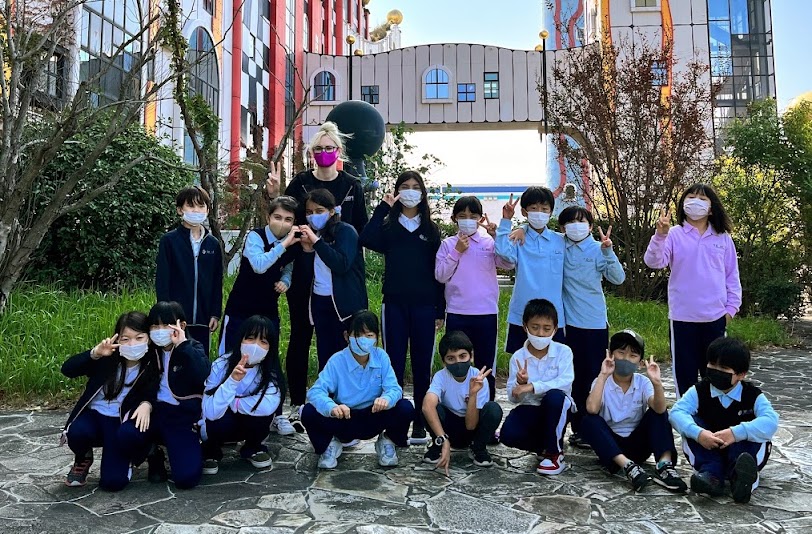Unit 1 - Who We Are
Central Idea: The interactions between human body systems contribute to health and survival.
Lines of Inquiry:
Function: How our body systems work
Form: body systems
Responsibility: Impact of lifestyle choices on the body
Key concepts: form, function, responsibility
Related concepts: systems, health, survival, balance
Learner profile: knowledgeable, balanced, reflective
Approaches to Learning: thinking, self-management
We started our new unit of inquiry: Who we are, with an activity making mind maps of our prior knowledge. Students then watched their Unit 1 celebration of learning videos from last year to help jog their memories.
We looked at body systems, beginning with the skeletal system, then students put together a skeleton using reference books in our classroom library.
Students then chose one or more body systems to research further using books and online resources. They formed their own questions, then researched those questions. They then created a video or slide show sharing what they had learned.
For their Action, students chose a group in the community in need. With Social Development Goal 3 in mind (good health and well-being), they identified the elderly, and researched ways to help them to be healthy, either through food or exercise. They then made videos and slides to showcase their findings. These were compiled into a video and was shown as part of the exhibits at the SDG’s Fair at Abroad.
English

We talked about genres and the students organised our classroom library books into each genre. We then discussed the best way to organise our reading area and made our own labels for the bookshelves.
Focusing on adventure and Fantasy genres, students worked on narrative writing and compiled their stories into a class book. The students were given a picture of a dark house as a writing prompt. They all worked very hard, writing, editing, typing and illustrating their stories.
Math

We practiced verbalising our strategies for problem solving basic equations. We talked about counting on, counting back, using algorithms, and using repeated addition to work out multiplication problems when we get stuck.
We implemented a classroom credit system. Students earn credit from achievements, as well as their classroom jobs. They can use this credit to buy prizes. We are keeping track of these daily and update our accounting ledgers, using our understanding of the number system to solve problems involving money.






Comments
Post a Comment